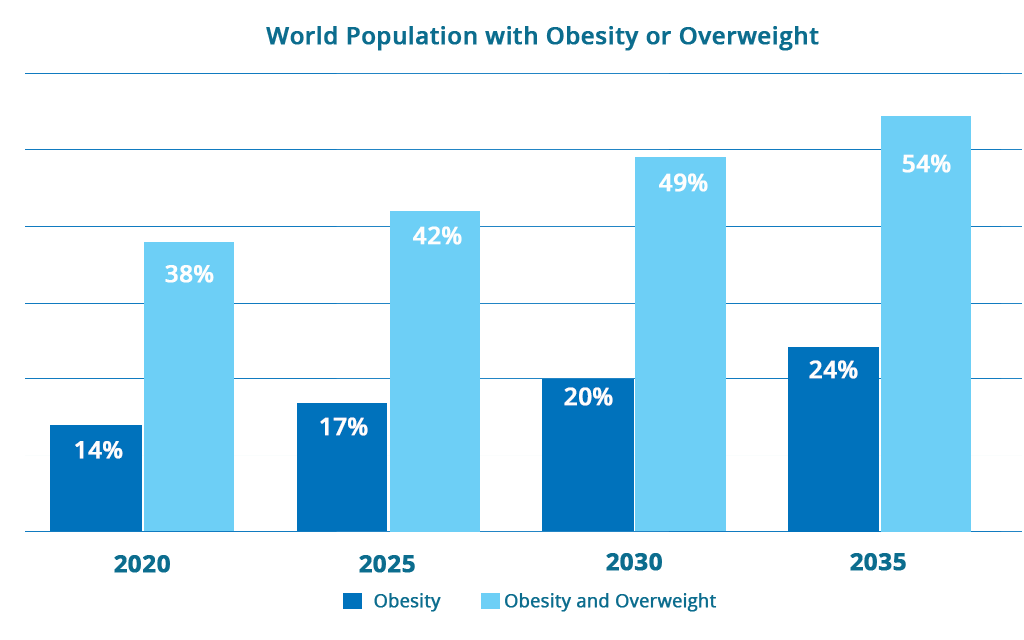The Pernicious Effects of the Obesity Pandemic

The obesity crisis is not just an individual health issue—it is a global pandemic with far-reaching consequences. It is one of the leading contributors to non-communicable diseases (NCDs), with high BMI linked to nearly 40% of all heart disease cases and 25% of diabetes-related deaths. Furthermore, the economic burden is overwhelming, particularly in middle-income countries where healthcare systems are less equipped to manage chronic conditions.

Obesity prevention requires systemic interventions, such as reforming food policies, increasing access to healthy nutrition, and fostering environments that encourage physical activity. The time to act is now before obesity-related diseases become the leading cause of preventable mortality worldwide.
Why Systemic Change is Essential
Addressing obesity is not just about individual choices; it requires a collective effort to create environments that support healthy living. Governments, organizations, and communities must work together to:
- Implement food policies that reduce the availability of unhealthy, processed foods.
- Promote urban planning that encourages walking, cycling, and outdoor activities.
- Increase access to affordable, nutritious food in underserved areas.
- Educate the public about the risks of obesity and the benefits of a healthy lifestyle.

The Role of IATPO in Combating Obesity
At the International Association for the Treatment and Prevention of Obesity (IATPO), we are committed to addressing the obesity pandemic through research, education, and advocacy. Our initiatives focus on:
- Supporting evidence-based research to better understand the causes and effects of obesity.
- Advocating for policy changes that promote healthier environments.
- Providing resources and training for healthcare professionals and communities.
Join us in the fight against obesity. Contact us to learn more about our initiatives and how you can contribute.
